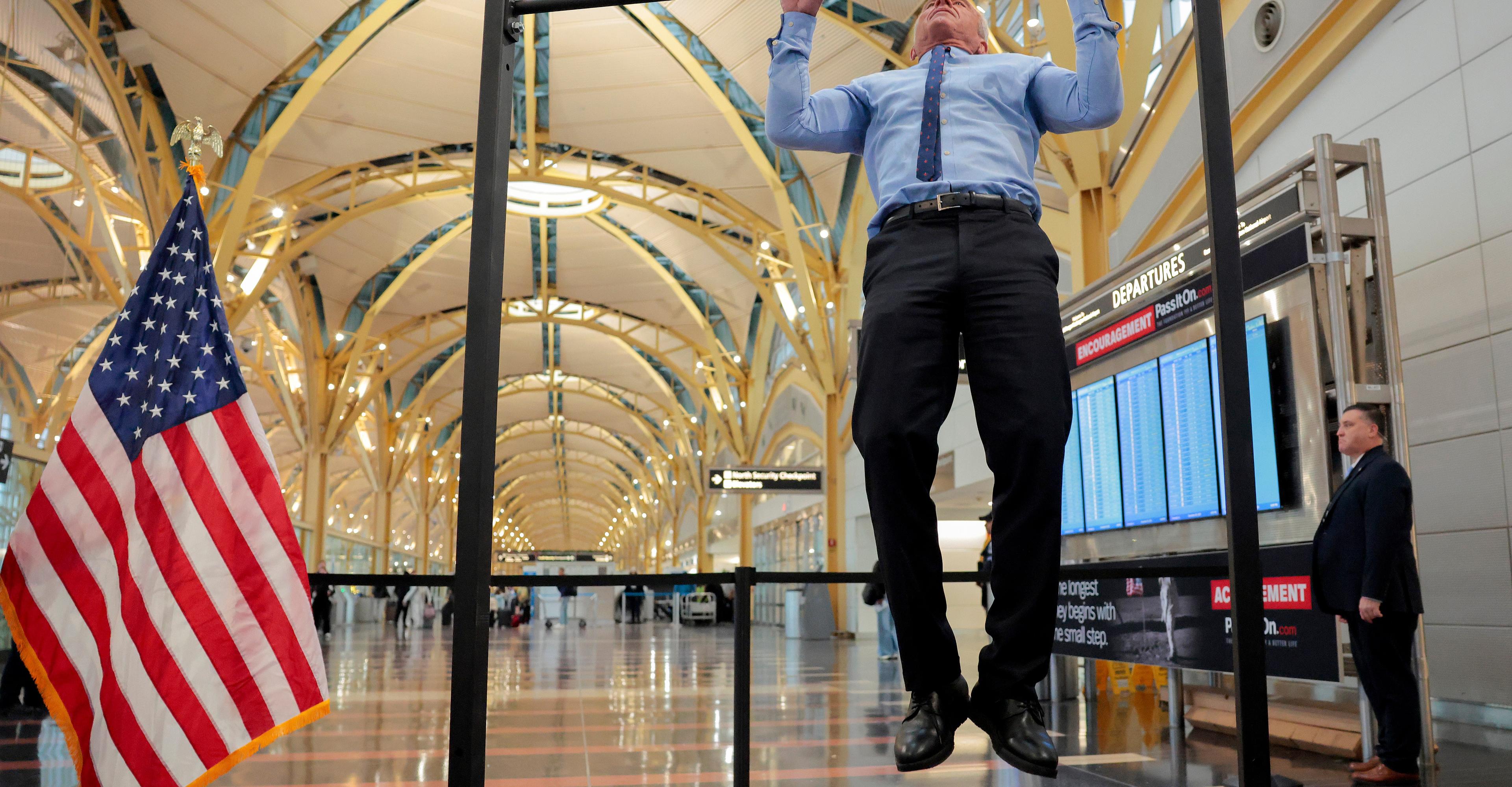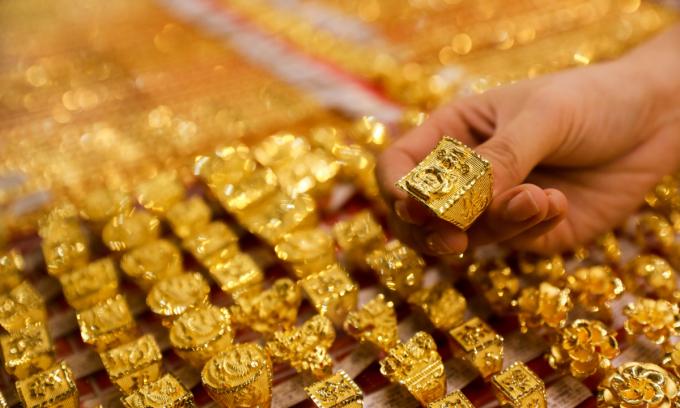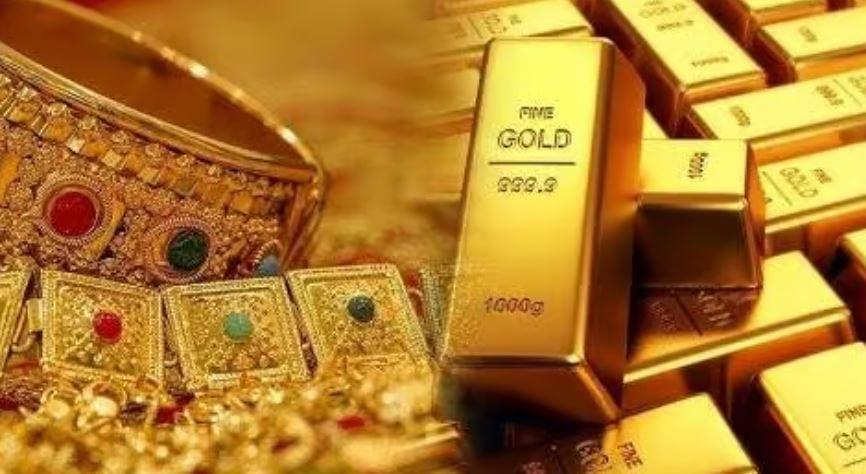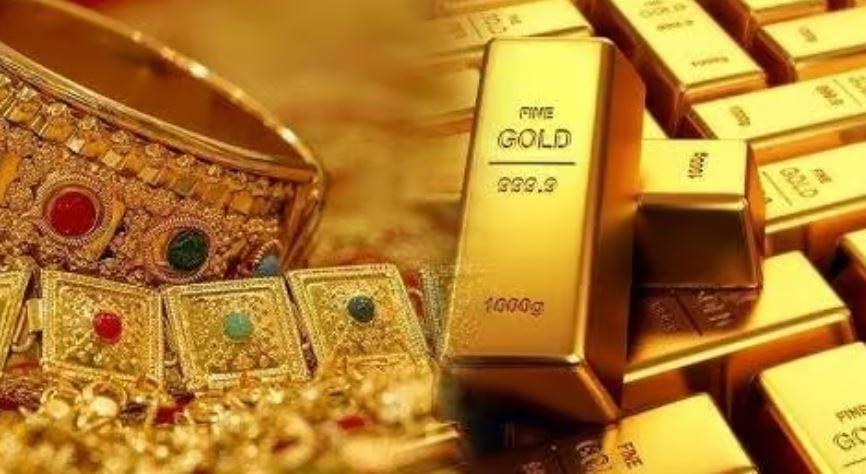Brent crude dropped by $1.32, or 1.6%, to trade at $82.31 a barrel


Oil prices slid on Monday, falling close to their lowest level this year, as street protests against strict COVID-19 curbs in China, the world's biggest crude importer, stoked concern over the outlook for fuel demand.
Brent crude dropped by $1.32, or 1.6%, to trade at $82.31 a barrel at 10:48 a.m. ET (1548 GMT), having slumped more than 3% to $80.61 earlier in the session for its lowest since Jan. 4.
U.S. West Texas Intermediate (WTI) crude slid 75 cents, or 1%, to $75.53 after touching its lowest since Dec. 22 last year at $73.60.
Both benchmarks, which hit 10-month lows last week, have posted three consecutive weekly declines.
Phil Flynn, an analyst at Price Futures Group in Chicago, said oil was paring loses as investors looked ahead to an OPEC+ meeting this weekend.
"We feel some of the selling based on reports of China uprisings was overdone," Flynn said. "Inventories are still near record lows and this probably increases the odds of an OPEC production cut."
China has stuck with President Xi Jinping's zero-COVID policy even as much of the world has lifted most restrictions.
Hundreds of demonstrators and police clashed in Shanghai on Sunday night as protests over the restrictions flared for a third day and spread to several cities.
The Organization of the Petroleum Exporting Countries and allies including Russia, a group known as OPEC+, will meet on Dec. 4. In October, OPEC+ agreed to reduce its output target by 2 million barrels per day through 2023.
Meanwhile, Group of Seven (G7) and European Union diplomats have been discussing a price cap on Russian oil of between $65 and $70 a barrel, with the aim of limiting revenue to fund Moscow's military offensive in Ukraine without disrupting global oil markets.
However, EU governments were split on the level at which to cap Russian oil prices, with the impact being potentially muted.
"Talks will continue on a price cap but it seems it won't be as strict as first thought, to the point that it may be borderline pointless," said Craig Erlam, senior markets analyst at OANDA.
"The threat to Russian output from a $70 cap, for example, is minimal given it's selling around those levels already."
The price cap is due to come into effect on Dec. 5 when an EU ban on Russian crude also takes effect.
SOURCE: REUTERS
Arteta tells critics to back off struggling Gyökeres
- 20 گھنٹے قبل
Marko: Verstappen would've won if Horner left earlier
- 9 گھنٹے قبل
NDMA dispatches 27th aid consignment for Palestinians
- 7 گھنٹے قبل

Many games from The Game Awards are now on sale
- 12 گھنٹے قبل
Pakistan, Russia express desire to develop mutual cooperation
- 9 گھنٹے قبل

Gold prices surge, silver hits historic high in Pakistan
- 9 گھنٹے قبل

Met Office forecast rain, snowfall from Dec 20
- 5 گھنٹے قبل
India summons Bangladesh envoy over security concerns in Dhaka
- 8 گھنٹے قبل
Pakistan Navy launches fourth Hangor Class submarine 'Ghazi' in China
- 4 گھنٹے قبل

NFL Week 16 odds: Eagles can clinch NFC East with win vs. Commanders
- 9 گھنٹے قبل

Tremors felt in Balochistan's Barkhan district
- 8 گھنٹے قبل

Please don’t make airports healthy again. Just make them more efficient.
- 19 گھنٹے قبل










